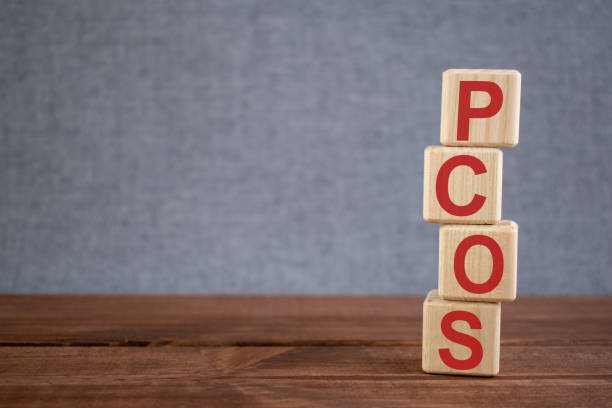Take Charge of Your Wellbeing: Essential Tips for Managing PCOS
Diet, exercise, and lifestyle changes to feel your best

Handling PCOS: Taking Responsibility for Your Health
Managing Polycystic Ovary Syndrome, or PCOS, may be a challenging condition. The good news is that you can take action to better your general health and control your symptoms. We'll look at a few significant lifestyle adjustments that can have a significant impact here:

Diet for Equilibrium:
Surround yourself with whole foods: Give up refined carbs and processed foods in favor of a diet high in fruits, veggies, and whole grains. They maintain steady blood sugar levels and offer long-lasting energy.

Low glycemic index (GI) choices: Choose carbohydrates with a low GI so that blood sugar spikes won't happen. Consider whole-wheat bread, lentils, and sweet potatoes.
Your pals are healthy fats: Eat foods high in healthy fats, such as nuts, avocados, and olive oil. They provide vital nutrients and encourage fullness.
Fiber is essential: Choose foods high in fiber, such as whole grains, fruits, and vegetables. In addition to helping with digestion and blood sugar regulation, fiber prolongs feelings of fullness.
Consider contacting a qualified dietitian: They are able to design a customized strategy to fit your unique requirements and tastes.
Physical Activity for General Health:
Frequent exercise is essential: On most days of the week, try to get in at least 30 minutes of moderate-intensity exercise. Dancing, swimming, cycling, and brisk walking are all great possibilities.

Combine resistance and cardiovascular exercise: Strength training increases muscle mass, which enhances insulin sensitivity even more, while cardio helps with weight control and insulin sensitivity.
Discover enjoyable hobbies: Choosing workouts you enjoy and can do over time is important since consistency is essential.

Weight Control Is Important:
Even slight weight loss can have positive effects: Reducing 5–10% of your body weight can help control periods and enhance insulin sensitivity.
Prioritize healthy behaviors over harsh measures: Crash diets are harmful and unsustainable. Aim for steady, progressive weight loss with food and activity.
Additional Points to Remember:
Discuss medicine with your doctor: Birth control tablets can help treat symptoms including acne and excessive hair growth, as well as period regulation. Medication to treat insulin resistance may be advised in certain situations.
Investigate supplemental therapies: Think about using stress-reduction methods like yoga or meditation. Inositol and acupuncture are useful for some people, but talk to your doctor about these choices first.

Keep in mind: Managing PCOS is a process, not an easy solution. Be persistent, have patience, and acknowledge your progress along the road. It's also critical to have a trusted healthcare professional who can advise you and modify your strategy as necessary.
You may successfully control your PCOS symptoms and lead a healthy, satisfying life by implementing these lifestyle modifications.









































































































































































































